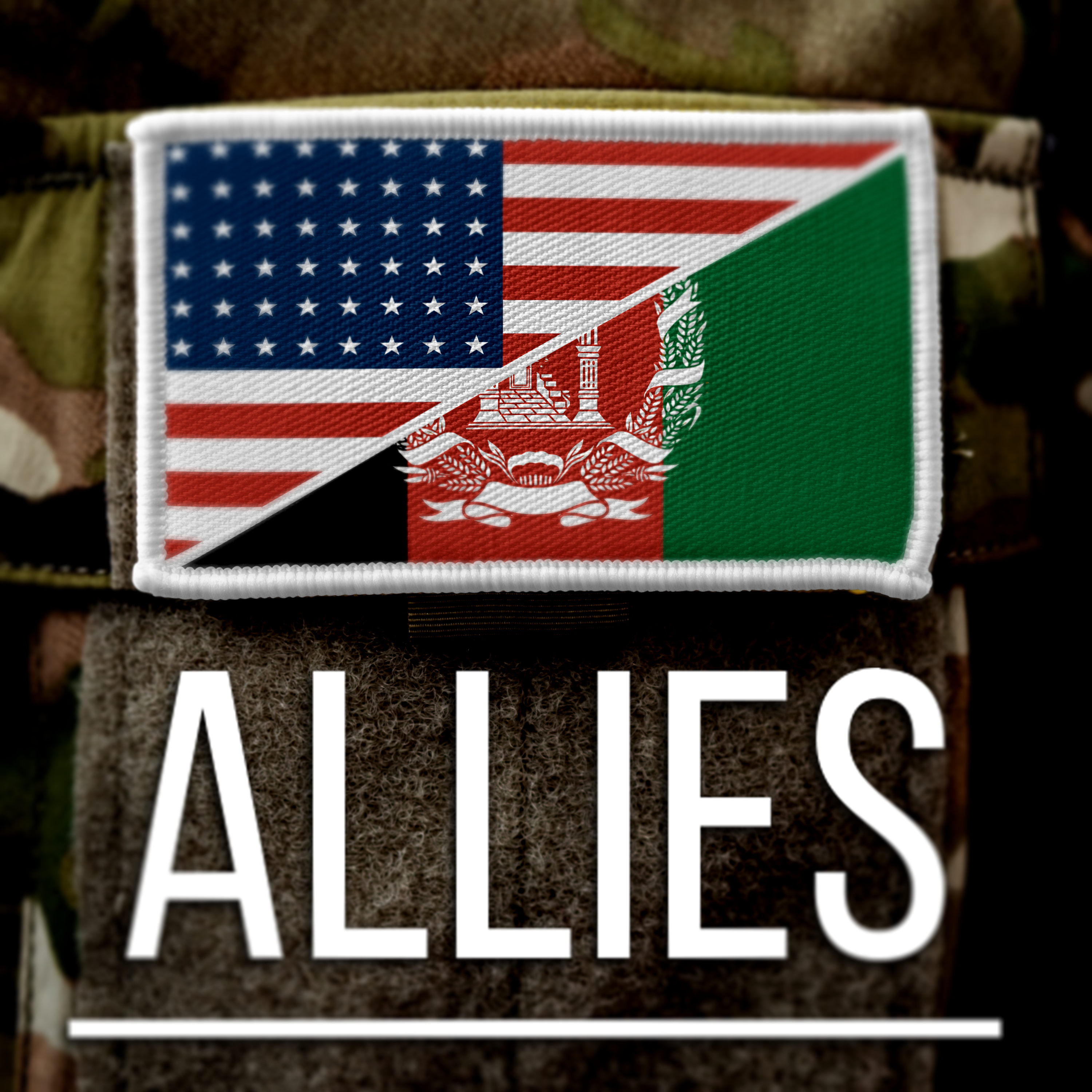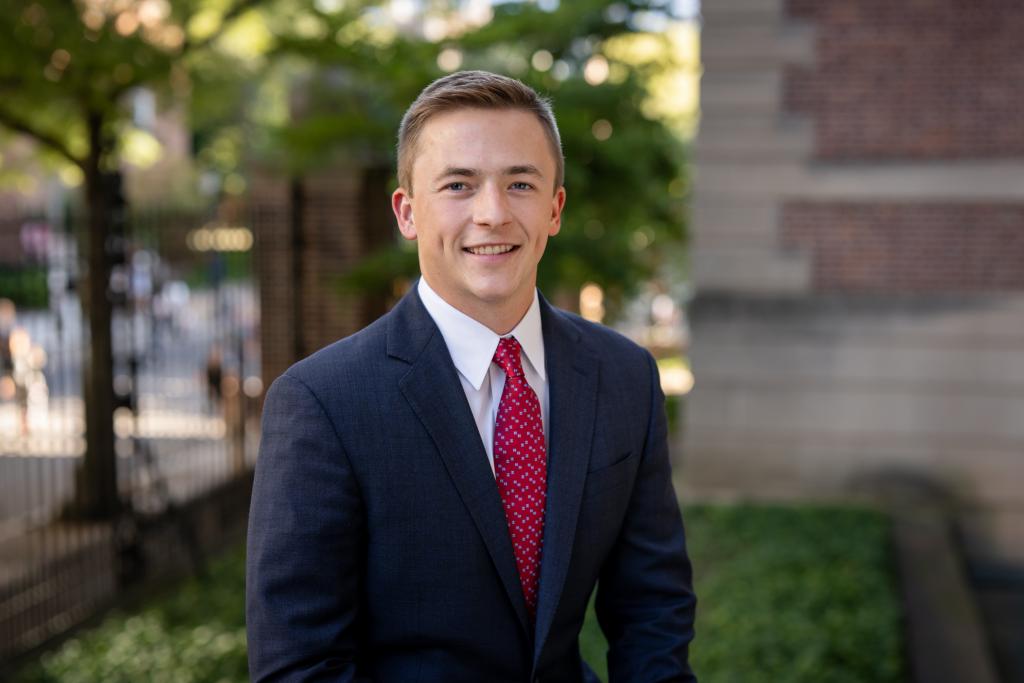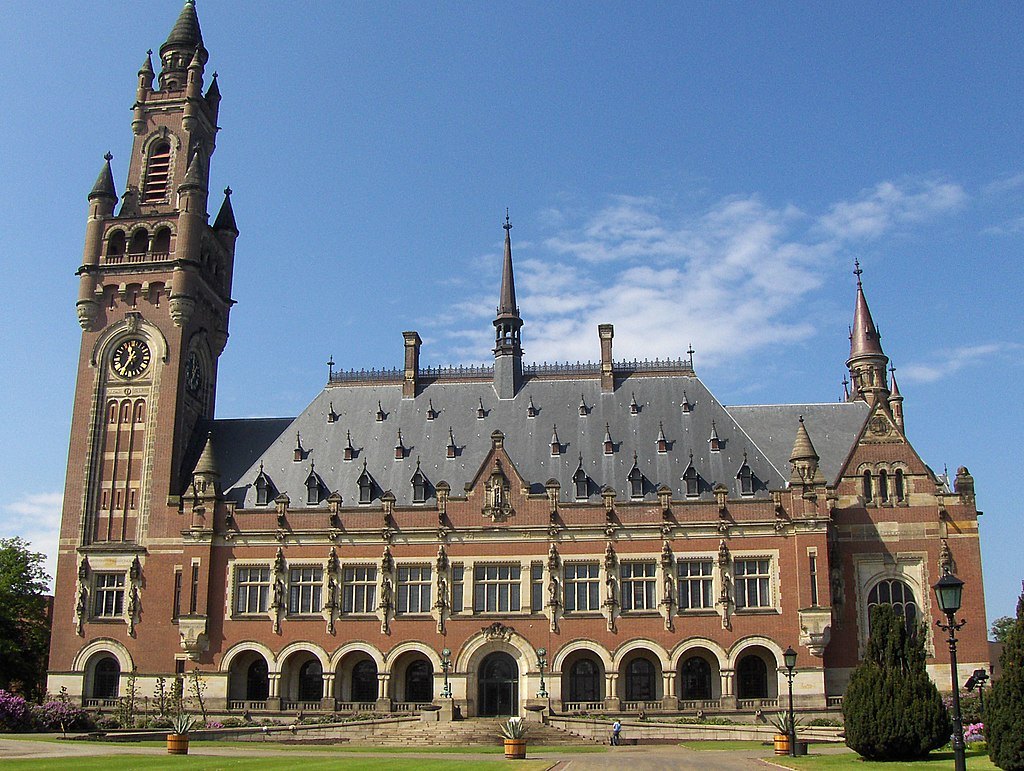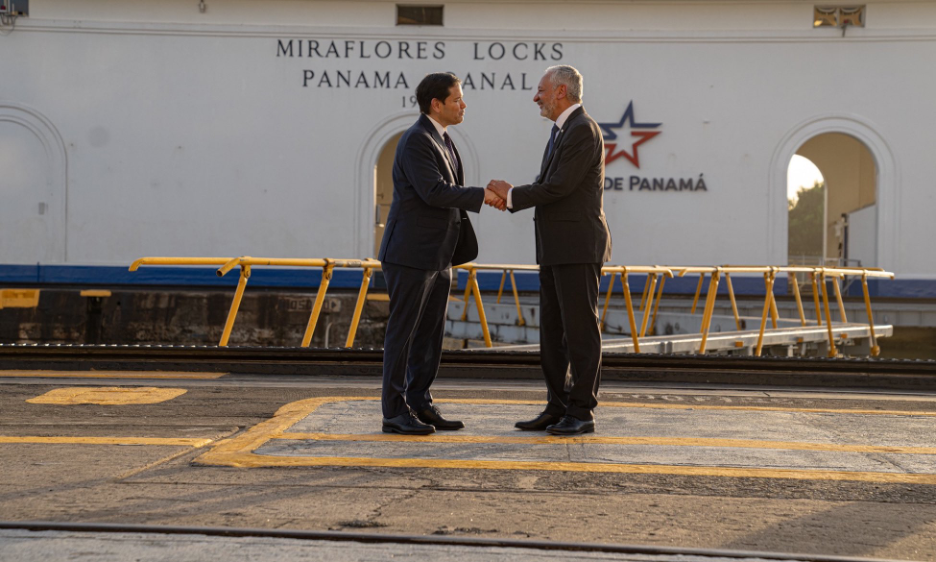Allies: How Did the U.S. Leave So Many of Its Local Allies in Afghanistan?
This week, Lawfare and Goat Rodeo released the final episode of Allies.

Published by The Lawfare Institute
in Cooperation With

Allies, a narrative podcast series produced by Lawfare and Goat Rodeo, traces the U.S.’s efforts to protect Afghan interpreters, translators, and other partners through the Special Immigrant Visa (SIV) program. The history of the SIV program was fraught with partisan infighting, executive inaction, and contradictions that ultimately led to chaos. However, that same history also reveals how private citizens—veterans, lawyers, retired diplomats, and many others—tried to fill the void left by their government. The effort to protect the U.S.’s partners in Afghanistan culminated in the evacuation in August 2021, when thousands of the U.S.’s local partners were left behind. Allies takes listeners through the decade-long effort to honor America’s promises to its Afghan partners. In seven episodes, it seeks to answer the simple question: How did we end up here?
Episode 1: “Faithful and Valuable Service” opens at the Kabul airport this past August, where the failure of the SIV program contributed to the chaos. Then, we rewind to just before 9/11, when the U.S. government had little regional, let alone linguistic, expertise on Afghanistan. After the invasion, that knowledge gap needed to be filled rapidly, so the U.S. began hiring local partners through military contractors. They became essential to the U.S.’s mission, and it was nearly impossible for any U.S. platoon, provincial reconstruction team, or diplomat to operate without interpreters and translators. They were the U.S.’s eyes and ears.
Episode 1: “Faithful and Valuable Service” Transcript
Episode 2: “A National of Iraq” takes a detour to Iraq, where interpreters and local partners were just as essential to the war effort. As violence escalated in 2006 and 2007, Iraq faced an insurgency that targeted anyone who worked with the U.S.. Politicians, diplomats, soldiers, veterans and journalists took notice of the trend and looked to the SIV program as a potential solution.
Episode 2: “A National of Iraq” Transcript
Episode 3: “Ongoing Threat” tells the story of an Afghan interpreter called Fred. Fred served with U.S. soldiers for more than 13 years and firmly believed in the U.S.’s mission in Afghanistan. After helping to capture a Taliban leader, the Taliban began targeting Fred and his family. He started looking for a way out through the SIV program.
Episode 3: “Ongoing Threat” Transcript
Episode 4: “Numerical Limitations” details the story of a U.S. Army veteran named Matt Zeller, who deployed to Afghanistan in 2008, where an Afghan interpreter saved his life. Zeller spent years trying to get his interpreter a visa and saw the problems with the SIV program firsthand. While working with Katie Reisner, then-policy director of the International Refugee Assistance Project (IRAP), Zeller and his interpreter lobbied Congress to fix the SIV program.
Episode 4: “Numerical Limitations” Transcript
Episode 5: “Extreme Vetting” returns to Fred’s efforts to get an SIV. After years of denials, an ad hoc team of lawyers and veterans tried to push Fred's application through a bureaucratic mess. Then, a new president aimed to bring the SIV program to a screeching halt.
Episode 5: “Extreme Vetting” Transcript
Episode 6: “Allies Refuge” explores how 20 years of war and broken bureaucracy culminated at the Kabul airport in August 2021. It includes firsthand accounts of veterans, advocates, and politicians who tried to get the U.S.’s allies out while the Taliban rapidly took control of Afghanistan.
Episode 6: “Allies Refuge” Transcript
Episode 7: “Adjustment” tells the story of Mahnaz, a former member of the Afghan military’s Female Tactical Platoon. Mahnaz is one of tens of thousands of Afghans who came to the U.S. during the U.S.’s withdrawal. She is currently on parole in the U.S., but her long-term legal status is uncertain. Congress could pass legislation to help Mahnaz and others, but it might not even come up for a vote.
Episode 7: “Adjustment” Transcript
You can listen to Allies wherever you get your podcasts. Please rate and review the show—it helps spread the word.






